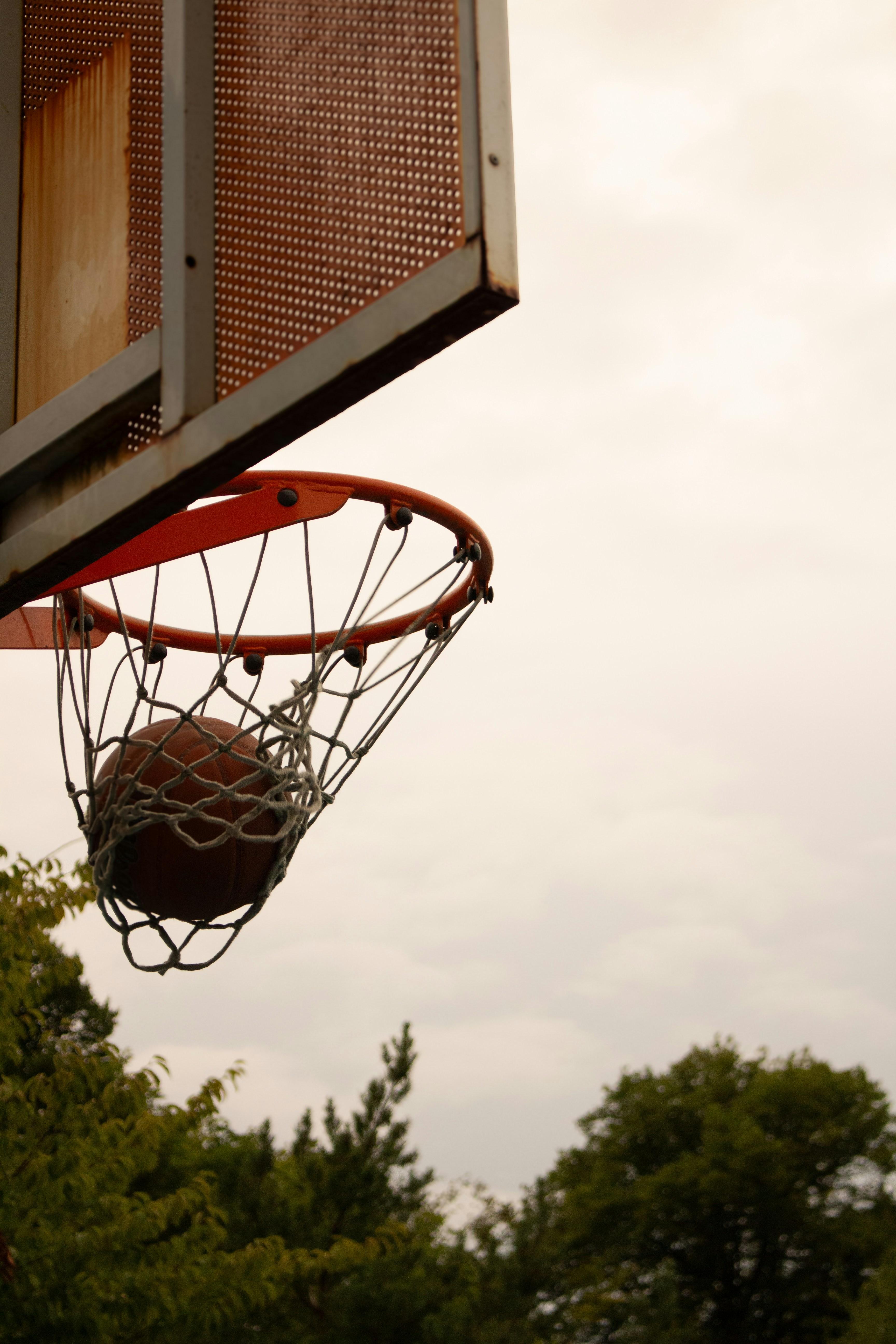In the world of cinema, a film’s soundtrack often plays a pivotal role in shaping the audience’s experience, weaving emotions through melodies and rhythms that linger long after the credits roll. While a compelling script is typically the backbone of any great film, there are instances where the narrative may falter, leaving viewers yearning for more depth or coherence. In such cases, can a meticulously crafted soundtrack step in to bridge the gap, elevating the film to memorable heights despite its script’s shortcomings? This article delves into the symbiotic relationship between a film’s narrative and its musical score, exploring how the power of music can sometimes transcend storytelling flaws, transforming a lackluster script into a cinematic triumph. With an optimistic lens, we examine notable examples where soundtracks have not only complemented but carried films, providing a testament to the transformative power of music in the art of filmmaking.
Understanding the Power of Music in Cinema
Music has an uncanny ability to transcend the limitations of a film’s narrative, breathing life into scenes where the script might falter. The right soundtrack can evoke emotions, create atmosphere, and even convey complex character arcs that dialogue alone cannot achieve. For instance, consider how John Williams’ score for “Jaws” transforms simple underwater shots into moments of palpable tension, or how Hans Zimmer‘s compositions for “Interstellar” elevate the film’s existential musings to cosmic heights. These scores don’t just complement the visuals; they amplify them, turning potentially mundane scenes into unforgettable cinematic experiences.
- Emotional Resonance: A well-chosen piece of music can evoke tears, laughter, or fear, often more effectively than the script.
- Atmospheric Enhancement: Music can create a setting and mood, making the audience feel like they are part of the world depicted on screen.
- Character Development: Themes and motifs associated with characters can provide insight into their inner lives and growth, sometimes more subtly than dialogue.
While a strong script is undeniably crucial, the power of a masterful soundtrack should never be underestimated. It can turn the tide for a film, making it resonate with audiences in ways words alone might never achieve.

Case Studies: Films Saved by Their Soundtracks
There are numerous instances where a film’s soundtrack has not only enhanced the viewing experience but also salvaged what could have been a forgettable cinematic endeavor. These soundtracks have transcended the limitations of the scripts, offering emotional depth, continuity, and a memorable sensory experience. Let’s delve into some notable examples:
- Tron: Legacy – Despite its visually stunning effects, the narrative of Tron: Legacy struggled to captivate audiences. However, Daft Punk’s electrifying soundtrack infused the film with a futuristic pulse, turning it into a cult favorite.
- Drive – The minimalistic plot of Drive could have easily rendered the film mundane, but Cliff Martinez’s synth-heavy score provided an atmospheric backdrop that elevated the film to iconic status.
- Guardians of the Galaxy – While the script of Guardians of the Galaxy was filled with humor and action, it was the nostalgic ’70s and ’80s hits that truly resonated with audiences, making the film a standout in the Marvel Cinematic Universe.
In these cases, the soundtracks did more than just accompany the visuals; they became an integral part of the storytelling, breathing life into the films and ensuring their lasting impact on audiences.

Techniques for Crafting an Emotionally Resonant Score
To evoke deep emotional responses, composers often employ a variety of sophisticated techniques. One effective method is the use of leitmotifs, recurring musical themes associated with specific characters or ideas. These motifs can subtly remind the audience of past events or foreshadow future developments, enriching the narrative without the need for additional dialogue.
Another powerful tool is dynamic contrast. By juxtaposing serene, minimalist passages with sudden, intense crescendos, a score can mirror the emotional highs and lows of the storyline, thereby amplifying its impact. Additionally, incorporating ethereal soundscapes—using unconventional instruments or electronic elements—can create a unique atmosphere that elevates the film’s emotional tone, even when the script may not fully succeed in doing so.

Collaborative Efforts: How Composers and Directors Can Elevate a Weak Script
When a script doesn’t quite hit the mark, the symbiotic relationship between composers and directors can transform the film into an unforgettable experience. A powerful soundtrack can underscore emotional beats, create tension, and build a narrative arc that compensates for weak dialogue or plot inconsistencies. By leveraging music to its fullest potential, filmmakers can breathe new life into a project that might otherwise falter.
- Emotional Resonance: Music can evoke feelings that dialogue sometimes cannot. A well-composed score can amplify the emotional depth of a scene, making audiences feel the weight of a moment even if the script falls short.
- Atmosphere and Setting: A carefully curated soundtrack can establish a film’s atmosphere and setting more vividly than words alone. Whether it’s the eerie tones in a thriller or the sweeping orchestras in a drama, music can paint a world that draws viewers in.
- Character Development: Themes and motifs associated with characters can provide insight into their inner worlds, offering layers of complexity that a weak script might lack. This musical shorthand helps the audience connect with characters on a deeper level.































